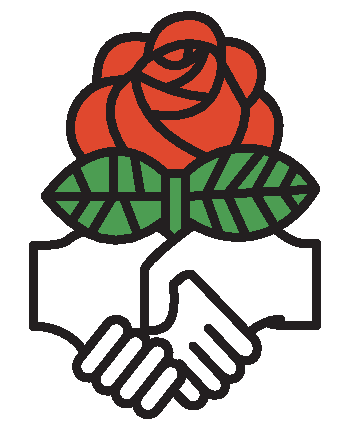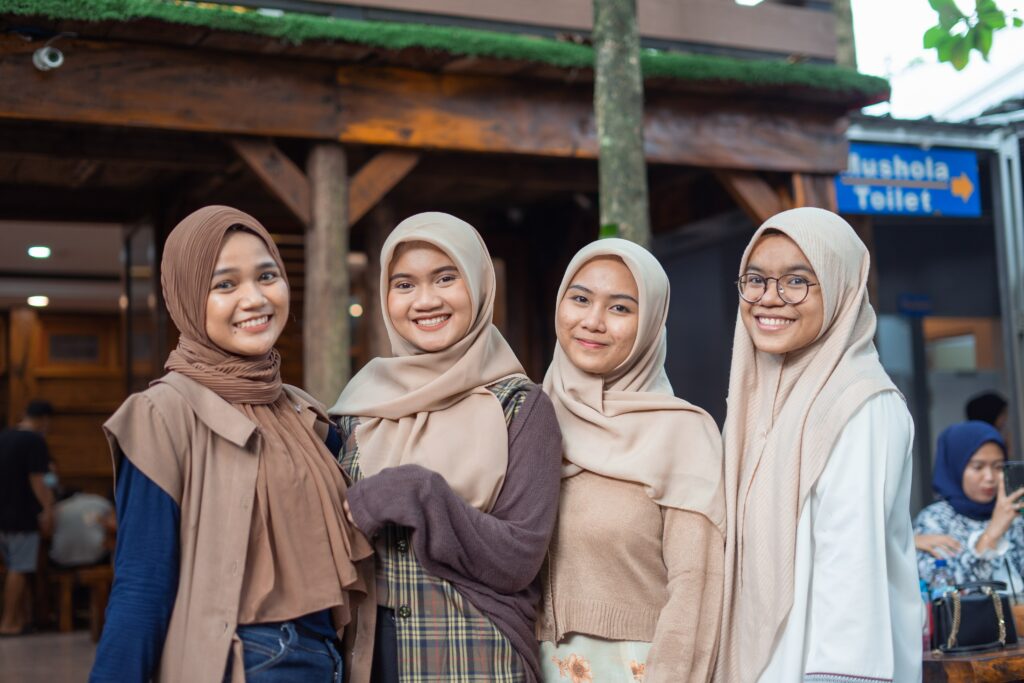Women and the New Challenges of the Left in Latin America and the Caribbean
Managua, Nicaragua, 23 September 2006
Declaration
In Latin America and the Caribbean, the effects of globalisation have seriously increased the differences in the status of women and men, particularly with regard to women’s economic situation. While we observe and welcome a rising number of women in parliament and other decision- making bodies, inequalities between women and men in social and economic policies are increasing.
Women are affected by the world economy through different forms of exploitation and trafficking. Forced to leave their places of origin due to poverty, many women look for employment in foreign countries, often as illegal immigrants, subject to atrocious working conditions and insecurity.
Furthermore, in flagrant violation of their human rights, women are faced by numerous obstacles when competing for and winning elected positions or rising to decision-making positions in public administration at all levels.
The case of Chile is an example how legislation and policies tailored to the needs of women effectively raise women’s status and economic situation in society. This undoubtedly contributed to the election of a woman president in Chile, Michelle Bachelet, a member of the family of Socialist International.
Participants of the regional SIW meeting expect leaders of the Left, especially of SI member parties in Latin America and the Caribbean, to make serious and sustainable efforts to guarantee women’s real equality. To this end the formation of women’s organisations as integral part of political parties is essential. This would allow to overcome the current and historical socio cultural characteristics in the interaction of women and men, and the disregard of the valuable contribution made by women to the economy and to society.
Socialist International Women considers that the proposal of National Reconciliation proposed by the Sandinista National Liberation Front (FSLN) through the “Alianza Unida Nicaragua Triunfa”, is an opportunity to repair wounds, an invaluable tool to create national consensus and to build a common horizon that will provide the people and especially women with real participation.
Consequently, Socialist International Women appeals to the governments of the countries in the region, especially those led by SI member parties:
- to sign and ratify all the international treaties, agreements, conventions and pacts to eliminate all forms of discrimination against women;
- to ensure the implementation of such treaties, agreements, conventions and pacts where they have been signed and ratified;
- to establish stricter sanctions in their laws that punish people for all forms of violence against women;
- to consider gender equality as a priority in education plans and programmes, from basic through to postgraduate education;
- to promote the participation of women in politics in their country, promoting female leadership and creating more opportunities in public office trough the establishment and or development of national machineries to achieve social and economic equality for women;
- to include an agenda for women aimed at, appropriately and sufficiently, increasing the annual budget for the development and implementation of all the relevant social programmes and
- to promote sustainable development policies with economic growth focused on reducing poverty, as well as protecting natural resources and promoting indigenous cultures.
Socialist International Women is convinced that the inclusion of women in political life benefits the social, economic and cultural development of the country in general.
Socialist International Women gathered in Managua, Nicaragua congratulate the FSLN for presenting a list with 40% women candidates for national parliament and 30% on provincial lists, and wish all of them every success in the forthcoming elections, which will ensure a feminist perspective in future government policies. We particularly commend the proposal by the FSLN leadership to present a government with 50% women ministers and 50% women in public office.

